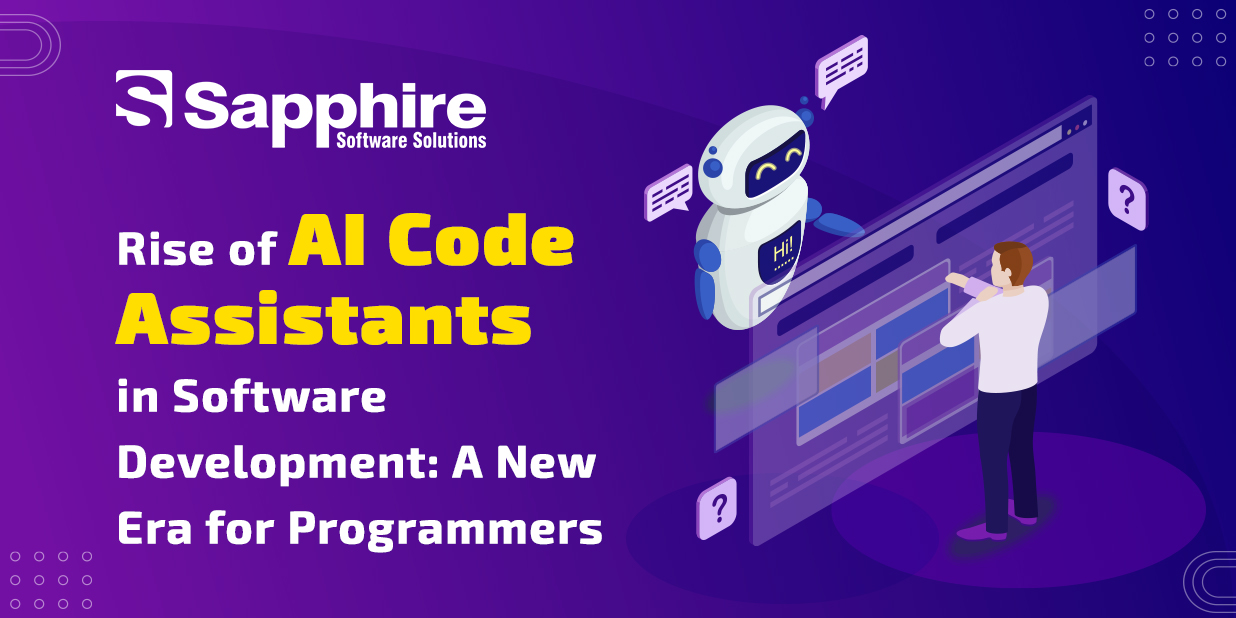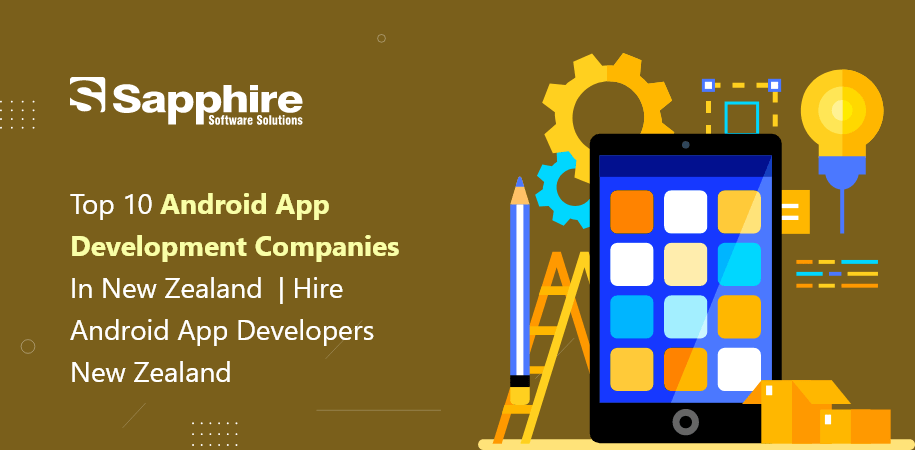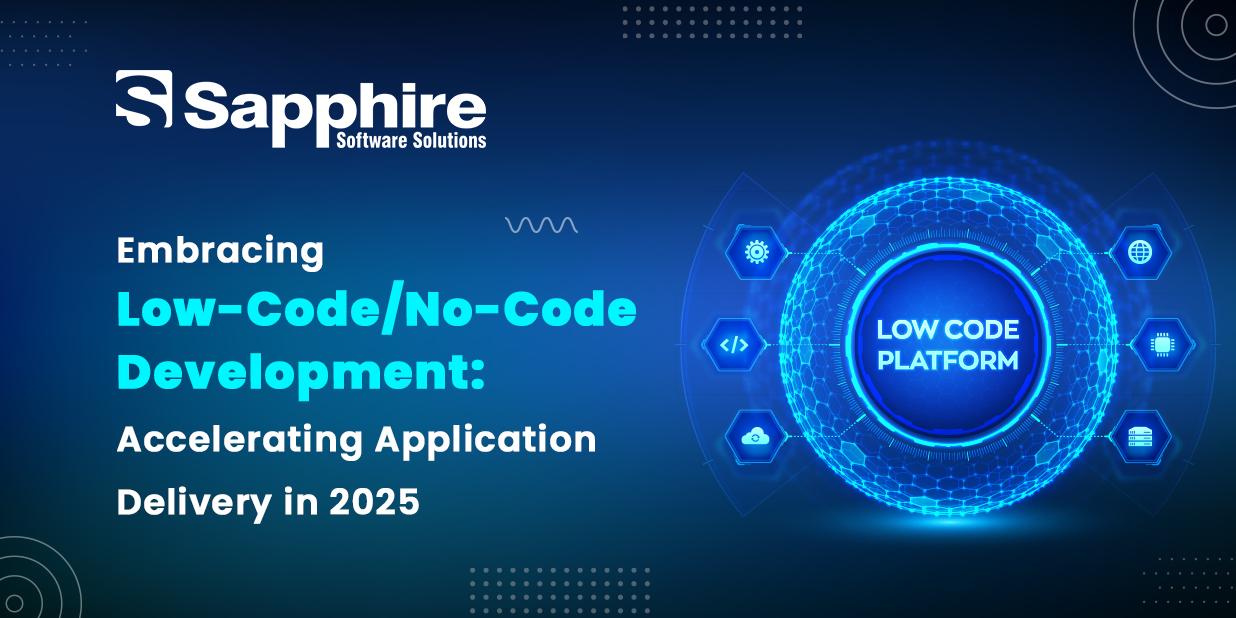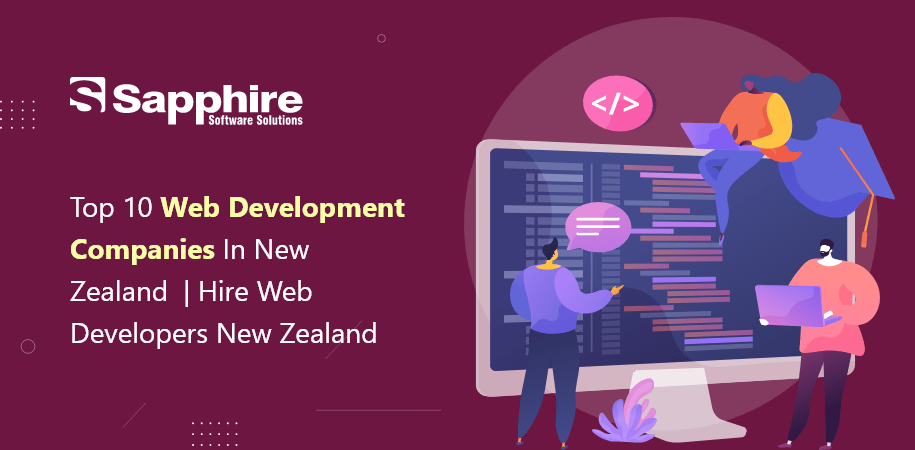What Are These AI Coding Companions, Really?
Software development has always evolved rapidly, but the emergence of AI-powered coding tools represents something different—a fundamental shift in how we write code. These aren’t just souped-up autocomplete tools; they’re intelligent companions that understand what you’re trying to build.
These assistants leverage machine learning and natural language processing to do what previously seemed impossible: predict your coding intentions, suggest improvements, identify bugs before you even run your code, and sometimes write entire functions based on simple descriptions.
What sets them apart from traditional IDEs is their ability to learn. Having digested millions of code examples from open-source projects and documentation, they can recognize patterns in your work and offer suggestions that make sense in context. Whether you’re just beginning or working at an enterprise-level Software Development Company, these AI-powered tools are becoming as crucial as your morning coffee.
Behind the Curtain: How They Actually Work
The magic behind these tools isn’t magic at all—its sophisticated technology built on large language models like those powering conversational AI. Most use transformer-based architectures like OpenAI’s GPT or Google’s Alpha Code, trained extensively on diverse programming datasets.
In practical terms, here’s what happens when you’re coding with an AI assistant:
- You start typing a line or function
- The AI analyses everything—your imported libraries, variable names, previous code
- It makes predictions about what you likely want to write next
- You decide whether to accept, modify, or ignore its suggestions
What’s remarkable is how these systems understand both the micro details (syntax of the language you’re using) and the macro picture (the overall architecture and purpose of your code). Tools like GitHub Copilot have become adept at transforming comments like “// fetch user data and sort by last login” into fully functional code blocks that work.
Real Benefits I’ve Seen:-
1. Productivity That Actually Feels Different:
The productivity boost isn’t just incremental—it’s transformative. In my experience, coding with the best AI Development Company cuts development time dramatically, especially for routine tasks. Frameworks and libraries with complex boilerplate code become significantly easier to work with, freeing mental bandwidth for solving the truly challenging problems.
2. Learning by Doing (With Help):
For newer developers on my team, these tools have accelerated their growth curve impressively. When an AI suggests an elegant solution to a problem, it’s not just saving time—it’s teaching. I’ve watched junior devs learn best practices, discover alternative approaches, and grow their skills by analyzing and understanding AI suggestions.
3. Fewer Bugs, Better Sleep:
There’s nothing worse than finding critical bugs in production code at 2 AM. Since incorporating AI code assistants, our team has seen fewer errors make it past code review. Tools like DeepCode spot potential issues that tired human eyes might miss, highlighting everything from simple syntax errors to complex race conditions before they cause problems.
4. Crossing Language Barriers:
Modern development rarely stays in one language lane. Our projects often require switching between TypeScript, Python, Go, and whatever else the task demands. Multi-language proficiency is where AI assistants truly shine—they follow your context switching without missing a beat.
5. Security From the Start:
Security used to be something we bolted on later or left to specialized reviews. Now, with tools like Amazon CodeWhisperer, we get real-time security suggestions during development. Recently, our assistant flagged a potential SQL injection vulnerability that would have been easy to overlook in a manual review.
6. Making Sense of Mystery Code:
We all inherit legacy codebases or third-party packages with minimal documentation. AI tools have become invaluable for investigating unfamiliar code, often providing insights about what’s happening that would take hours to figure out manually.
7. Keeping Teams in Sync:
With developers working remotely across different time zones, maintaining coding standards can be challenging. AI assistants help by suggesting code that aligns with established patterns, creating a natural consistency across our codebase without endless meetings about style guides.
From faster prototyping to real-time suggestions, AI boosts developer productivity across all levels
Tools Making the Biggest Impact:-
A. GitHub Copilot (powered by OpenAI Codex):
This has become the go-to tool in our workflow. It integrates seamlessly with VS Code and supports nearly every language we use. Its ability to generate not just snippets but entire functions from natural language descriptions has changed how we approach documentation and planning.
B. Google’s AlphaCode:
While less accessible than some other tools, AlphaCode’s problem-solving capabilities are remarkable. It approaches algorithmic challenges with solutions that sometimes surprise even our most experienced engineers.
C. Amazon CodeWhisperer:
For teams working extensively in the AWS ecosystem, CodeWhisperer offers specialized knowledge. It’s particularly good at suggesting code that follows cloud best practices and security principles specific to AWS services.
D. TabNine:
We’ve found TabNine’s team features particularly valuable for enterprise work. Its ability to learn from our specific codebase means suggestions become increasingly relevant to our particular architecture and standards over time.
E. DeepCode:
After Snyk’s acquisition of DeepCode, we’ve seen impressive improvements in its security analysis. It’s become an essential part of our pre-commit workflow, catching potential issues before code review even begins.
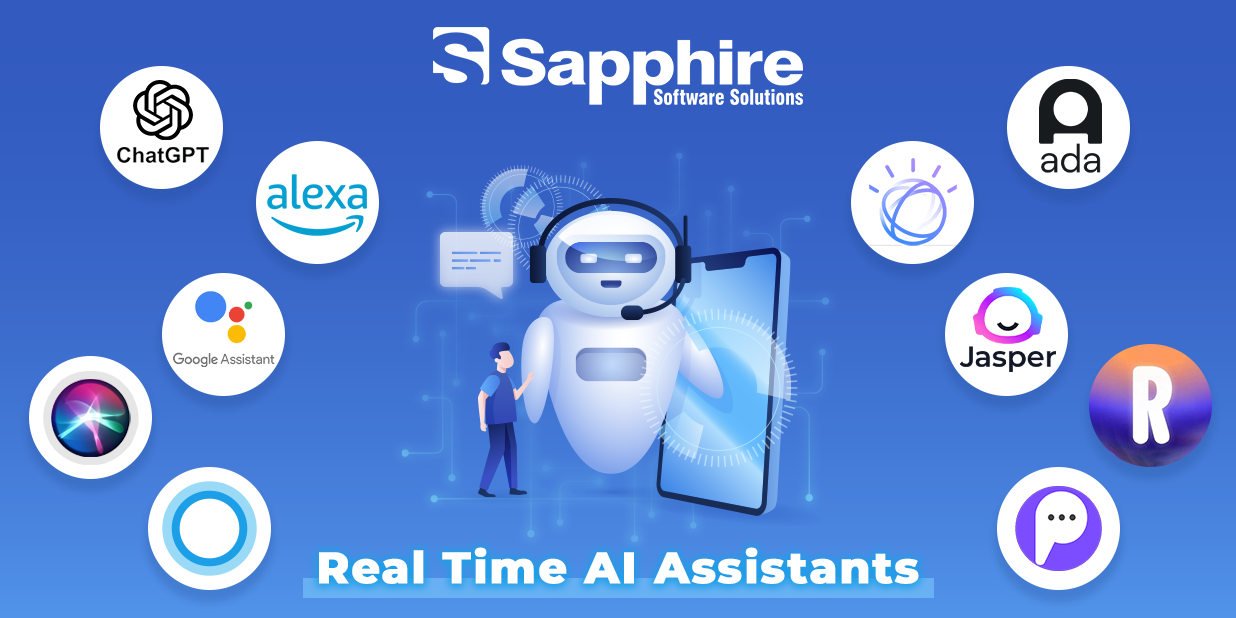
Challenges We Can’t Ignore:-
1. Crutch Effect:
I’ve noticed a concerning trend: some developers, especially newer ones, struggle when forced to code without AI assistance. Like calculators in math education, there’s a balance to strike between using helpful tools and developing fundamental skills.
2. Quality Assurance Still Matters:
Despite their intelligence, these systems can still suggest inefficient or problematic code. Training data often includes suboptimal examples from public repositories. We’ve learned to maintain a healthy skepticism about generated code, especially for critical systems.
3. Copyright Question:
The training data for these models comes from public repositories, raising legitimate questions about intellectual property. Our legal team has developed guidelines about when and how we can use AI-generated code in commercial products, but industry standards remain in flux.
4. Bias and Outdated Practices:
AI suggestions reflect their training data—including all its biases and historical practices. We’ve occasionally seen tools suggest deprecated methods or approaches that reflect older coding paradigms. The systems are improving, but human judgment remains essential.
What’s Next on the Horizon:-
A. Beyond Coding: AI Throughout the Development Lifecycle
The next evolution will likely see AI assistants expanding beyond just writing code. Imagine assistants that generate appropriate test cases, optimize deployment configurations, and help monitor application performance—essentially participating in the entire development lifecycle.
B. Your Personal Coding Coach:
I expect we’ll see more personalized AI assistants—trained specifically on your company’s codebase, familiar with your architecture decisions, and aligned with your unique development practices. These custom models will offer increasingly relevant suggestions tailored to your specific environment.
C. Responsible AI Development Practices:
As these tools become more powerful, ethical guidelines and governance frameworks will become essential. Questions about transparency, bias, and appropriate use cases will need thoughtful answers from the development community.
D. Multimodal Development Experiences:
The most exciting frontier may be multimodal AI that understands not just code but diagrams, voice commands, and natural language requirements. Picture describing a feature conversationally and having your assistant generate both code and documentation while asking clarifying questions—we’re approaching that reality faster than many realize.
Reimagine software development with real-time AI support
Finding Our Path Forward
AI coding assistants aren’t just another tool in our kit—they represent a fundamental shift in how software gets built. Hire AI Developers from Sapphire Software Solutions to boost productivity that reduces errors, and support learning, to create better software more efficiently than ever before.
Yet the technology is still maturing. The developers who will thrive in this new landscape will be those who view AI not as a replacement but as a partner—leveraging its strengths while applying human judgment to its limitations.
The future of programming isn’t humans versus machines; it’s humans and machines working together, each contributing what they do best. And that collaboration is already creating possibilities we’re just beginning to explore.



















